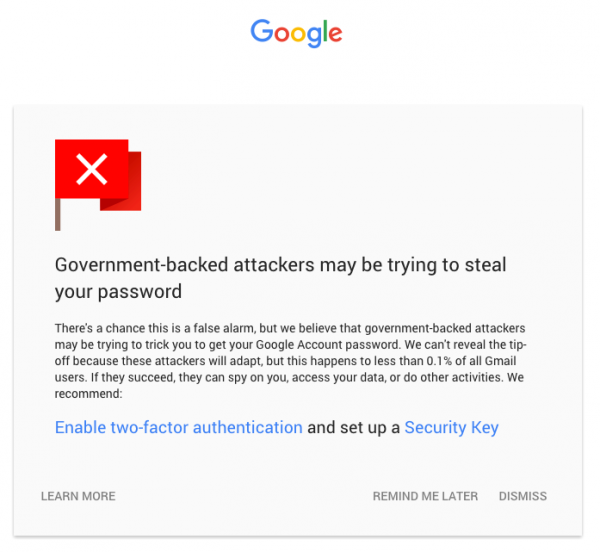Google partners with Microsoft and other email providers to bolster Gmail encryption

If you are an email user, there is a very good chance you use Google's ubiquitous Gmail service. While there are countless other options, such as Outlook, AOL, Yahoo and more, the search giant's offering is quite popular. It is easy to see why -- it is easy to use, secure, and can double as a Google account for things such as Play access on the wildly popular Android.
Today, Google announces that it is making Gmail even more secure. With so much talk about enryption in the news nowadays, the search giant is enhancing its email service with improved TLS encryption. How is it doing this? By working with other email providers, such as Microsoft to make sure encrypted emails remain that way in transmission.
"To help ensure TLS encryption works as intended, we've teamed-up with a variety of industry partners -- including Comcast, Microsoft, and Yahoo! -- to submit a draft IETF specification for 'SMTP Strict Transport Security'. With this new proposed standard, companies can ensure that mail will only be delivered through encrypted channels, and that any encryption failures should be reported for further analysis, helping shine the spotlight on any malfeasance occurring around the Internet", explains Nicolas Lidzborski, Gmail Security Engineering lead and Jonathan Pevarnek, Jigsaw engineer.
Lidzborski and Pevarnek further explain, "Safe Browsing already protects Gmail users by identifying potentially dangerous links in messages. Starting this week, Gmail users will begin to see warnings if they click these links, further extending this protection to different web browsers and email apps".

Another useful new feature is an enhanced alert for Gmail users being targeted by state sponsored hackers. Google says the number of such instances is minuscule -- less than 0.1 percent. For those rare cases, it will display the refreshed message as seen below.

If you are a Gmail user, do these improvements make you feel safer about the email service? Tell me in the comments.
Photo credit: Maksim Kabakou / Shutterstock